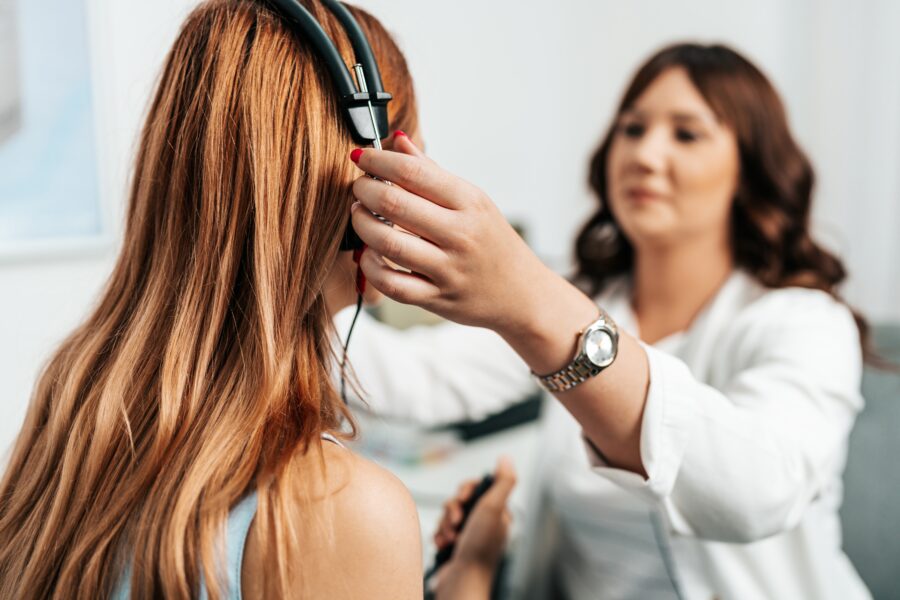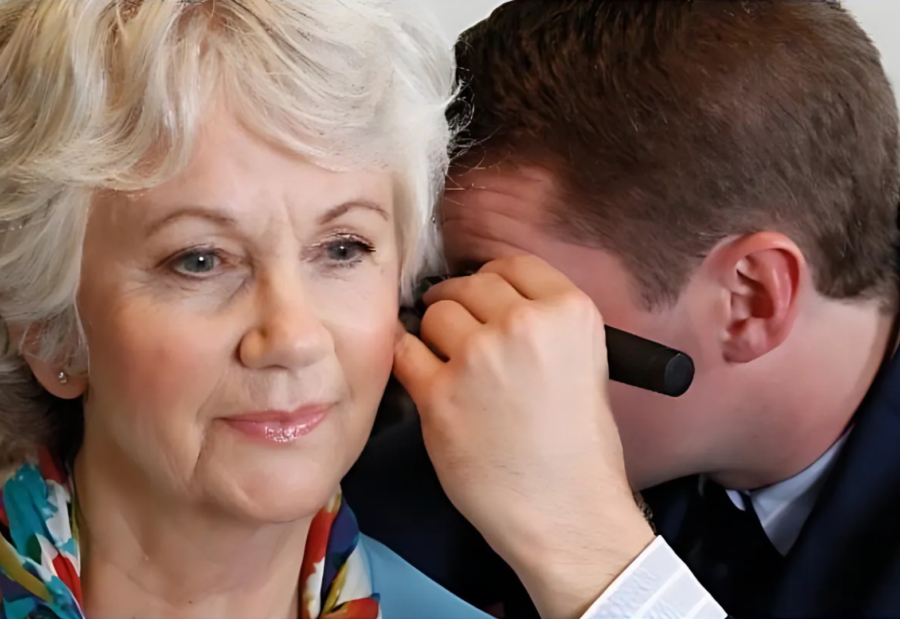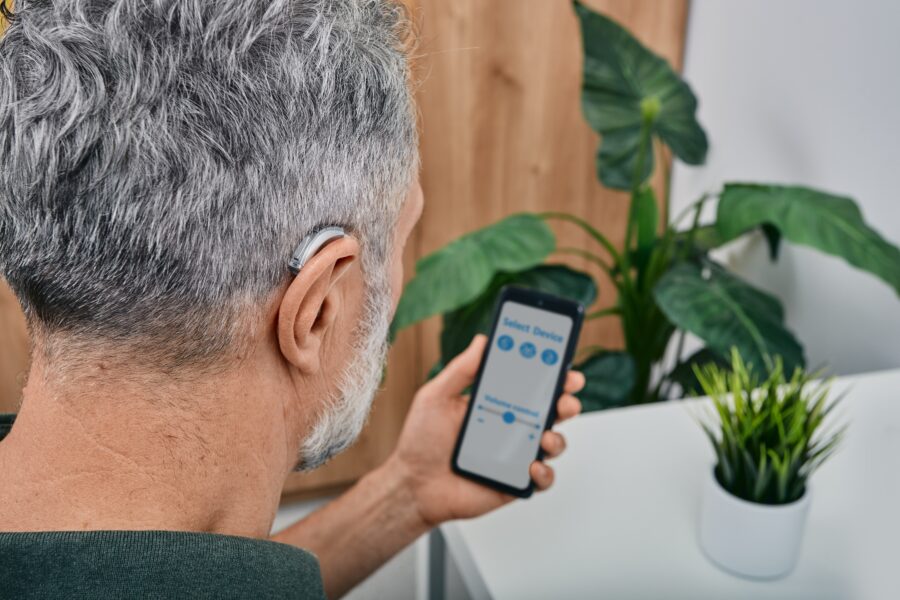Blog post
What to Expect at Your Home Hearing Test
What happens during a hearing test at home?
- The Audiologist will give you a call when they are on their way, roughly an hour before your appointment.
- The Audiologist will then arrive at the specified time with their portable testing equipment. They will be wearing an ID badge confirming they work at OutsideClinic.
- The first thing they will do is sit down with you, check your personal details and ask some questions about your medical history and any symptoms you’ve been experiencing.
- They will then use an otoscope to look in your ears and check that there aren’t any obstructions that may be affecting your hearing, such as wax build up.
- Next, you'll put on some headphones for the hearing test. Sounds at various volumes and frequencies will be played, and you'll press a button when you hear them. This takes about 20 minutes.
- After the test, the Audiologist will explain your results and discuss any necessary follow-ups. Feel free to ask any questions.
- If they find that you’d benefit from wearing hearing aids, the Audiologist will assist you in selecting the best fit based on your style, budget and hearing needs. Once you've chosen, the Audiologist will arrange payment.
- Depending on the which ones you chose, your hearing aids may be fitted there and then or they may need to be custom-made for you.
- If they are being custom-made, we'll be in touch to arrange a follow-up visit to fit them and teach you how to use them.

How long does a home hearing test take?
The process of a hearing test from start to finish tends to take around an hour.
This includes the time it takes for the Audiologist to confirm all your details at the start and explain the results to you at the end.

How do I prepare for a hearing test at home?
- Make sure you’ve got a quiet room to do the hearing test.
- The Audiologist will need to know what hearing aids you’re currently wearing (if any), so it’s worth having your current ones to hand for them to have a look at.
- It may also be worth noting down any changes in your hearing that you’ve noticed and any questions you want to ask.
What if I am concerned about letting a stranger into my home?
All of our Audiologists carry identification to show that they work at OutsideClinic, so you know that they are who they say they are.
They will call ahead of time to let you know what time they are coming, so you know when to expect them.
There is no problem in having a friend, family member or carer with you during the appointment if it would make you feel more comfortable.
If you have any other concerns, don’t hesitate to mention them to the Audiologist when they call you to let you know what time they will be arriving. Our Audiologists are friendly, professional and genuinely care about their patients, so will do all they can to help.



